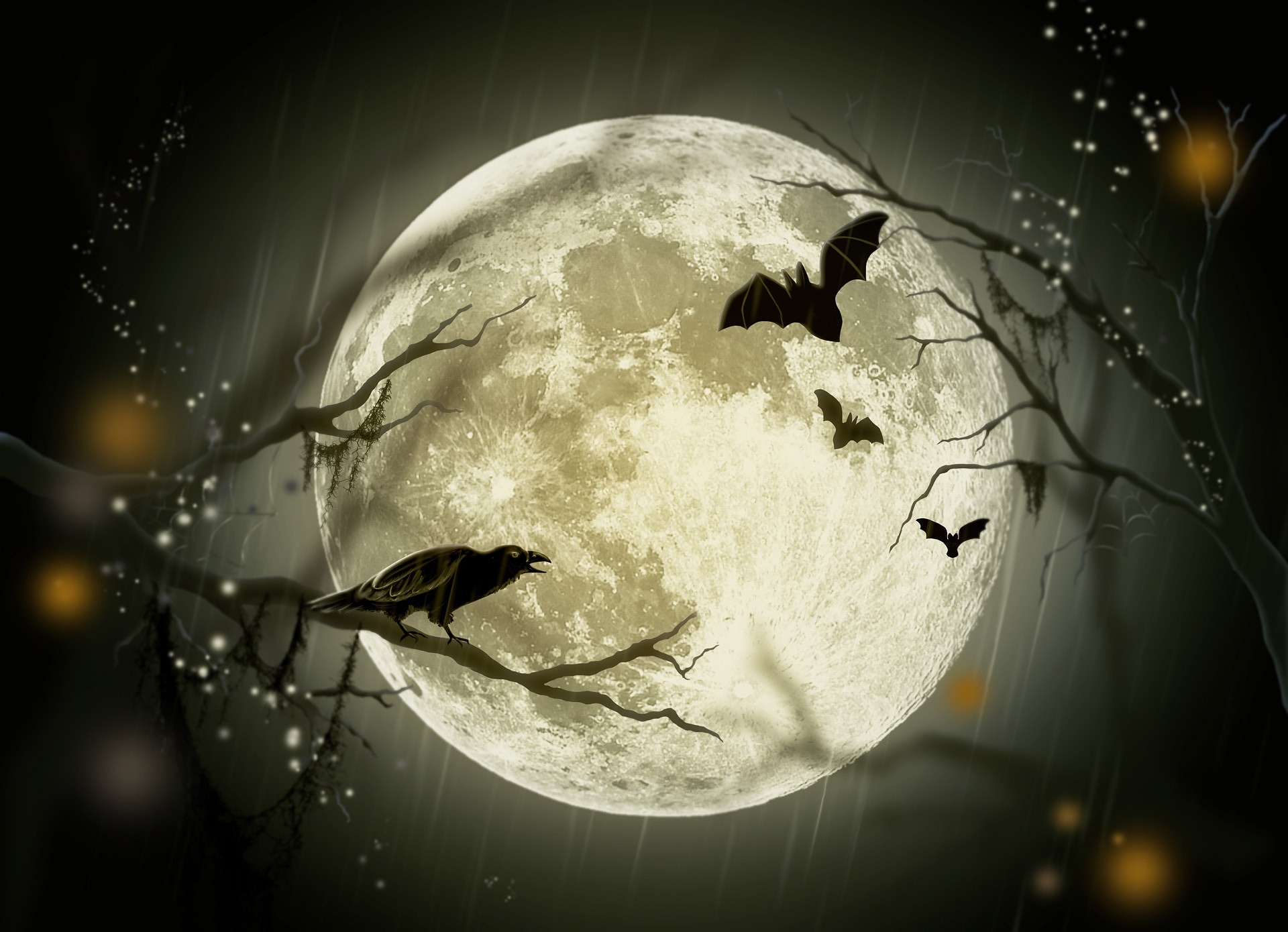Offerings and Prayers for Ancestors During Pitru Paksha Ceremony
In the rich tapestry of Hindu traditions, the observance of Pitru Paksha stands as a poignant reminder of our deep-rooted connection with our forefathers. This sacred fortnight, also known as the fortnight of ancestors, is a time when families come together to honor their departed loved ones. A significant aspect of Pitru Paksha is the offerings and prayers made to ancestors, a practice that bridges the gap between the living and the deceased. In this blog post, we delve into the essence of these offerings and prayers, exploring their significance and the rituals that accompany them.
1. Understanding Pitru Paksha: Pitru Paksha falls in the Hindu lunar month of Bhadrapada (typically September-October) and lasts for 16 days. It is believed that during this time, the souls of deceased ancestors visit the earthly realm. To ensure their spiritual well-being, families engage in a series of rituals, with offerings and prayers playing a central role.
2. Preparing for the Ceremony: Before commencing the Pitru Paksha ceremony, families gather essentials for the offerings. These typically include cooked rice, sesame seeds, barley, water, milk, ghee (clarified butter), and various fruits.
3. The Significance of Sesame Seeds and Barley: Sesame seeds and barley are staples in Pitru Paksha offerings. Sesame seeds are believed to have purifying properties and are used to invoke the presence of ancestors. Barley, on the other hand, is offered as a symbol of nourishment and sustenance for the souls of the departed.
4. Daily Rituals: During Pitru Paksha, families perform daily rituals at a designated area, often by a river or sacred body of water. Offerings of water mixed with sesame seeds and barley are made while reciting specific mantras. This water, known as “tarpana,” is offered with devotion to the ancestors.
5. Invoking the Ancestors: The recitation of mantras and prayers is a key part of the Pitru Paksha rituals. Families invoke their ancestors by chanting mantras and addressing them with love and respect. It is a moment of deep connection between the living and the departed.
6. Seeking Blessings and Forgiveness: In these rituals, families seek blessings from their ancestors for health, prosperity, and spiritual growth. They also ask for forgiveness on behalf of their forefathers for any wrongdoings committed during their lifetimes.
7. The Act of Feeding: Offerings are not limited to water and grains. Families also prepare food, including the deceased’s favorite dishes, and offer it symbolically to their ancestors. This act of feeding the ancestors is seen as a way of nurturing their souls and ensuring their well-being.
8. Significance of Feeding the Poor: In addition to offerings for ancestors, many families also engage in acts of charity, such as feeding the poor and needy. This practice reflects the belief that acts of kindness and compassion benefit both the living and the deceased.
9. Conclusion: Honoring Ancestral Legacy: Offerings and prayers during Pitru Paksha are a poignant reminder of the enduring bond between generations. It is a time when families come together to express their love, respect, and gratitude to their ancestors. In these rituals, we find solace, connection, and a deep sense of continuity. As we nurture the legacy of our forefathers, we also nourish our own souls with the virtues of reverence, compassion, and devotion. Pitru Paksha reminds us that the ties that bind us transcend the boundaries of life and death, and that our ancestors continue to watch over us, showering their blessings from the realms beyond.


